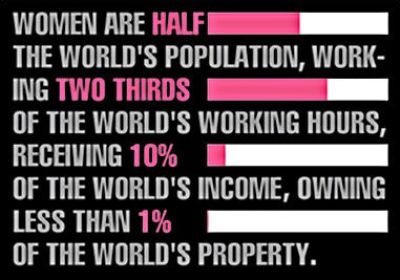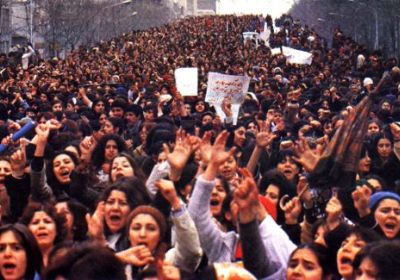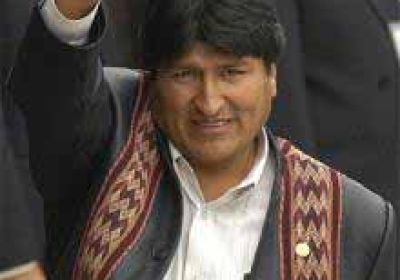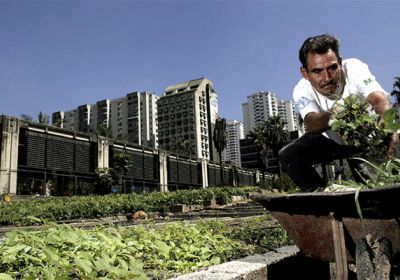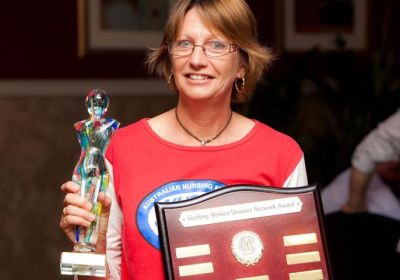
Jackie Kriz, an Australian Nurses Federation delegate from Geelong, will be the special guest speaker at Sydney’s annual Green Left Weekly May Day dinner, where she will share her experiences of the Victorian nurses’ remarkable victorious campaign and some of the lessons we can learn from it.
